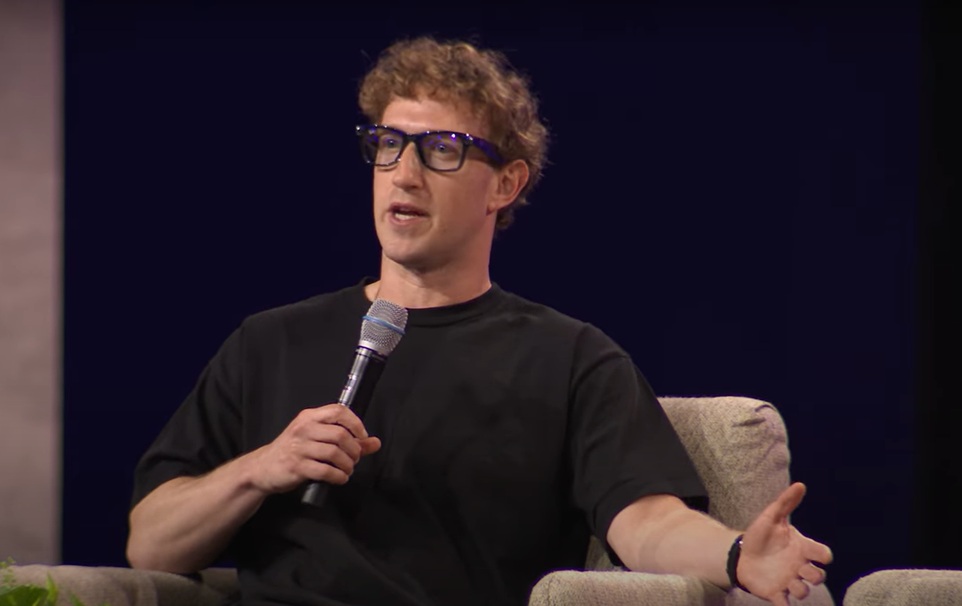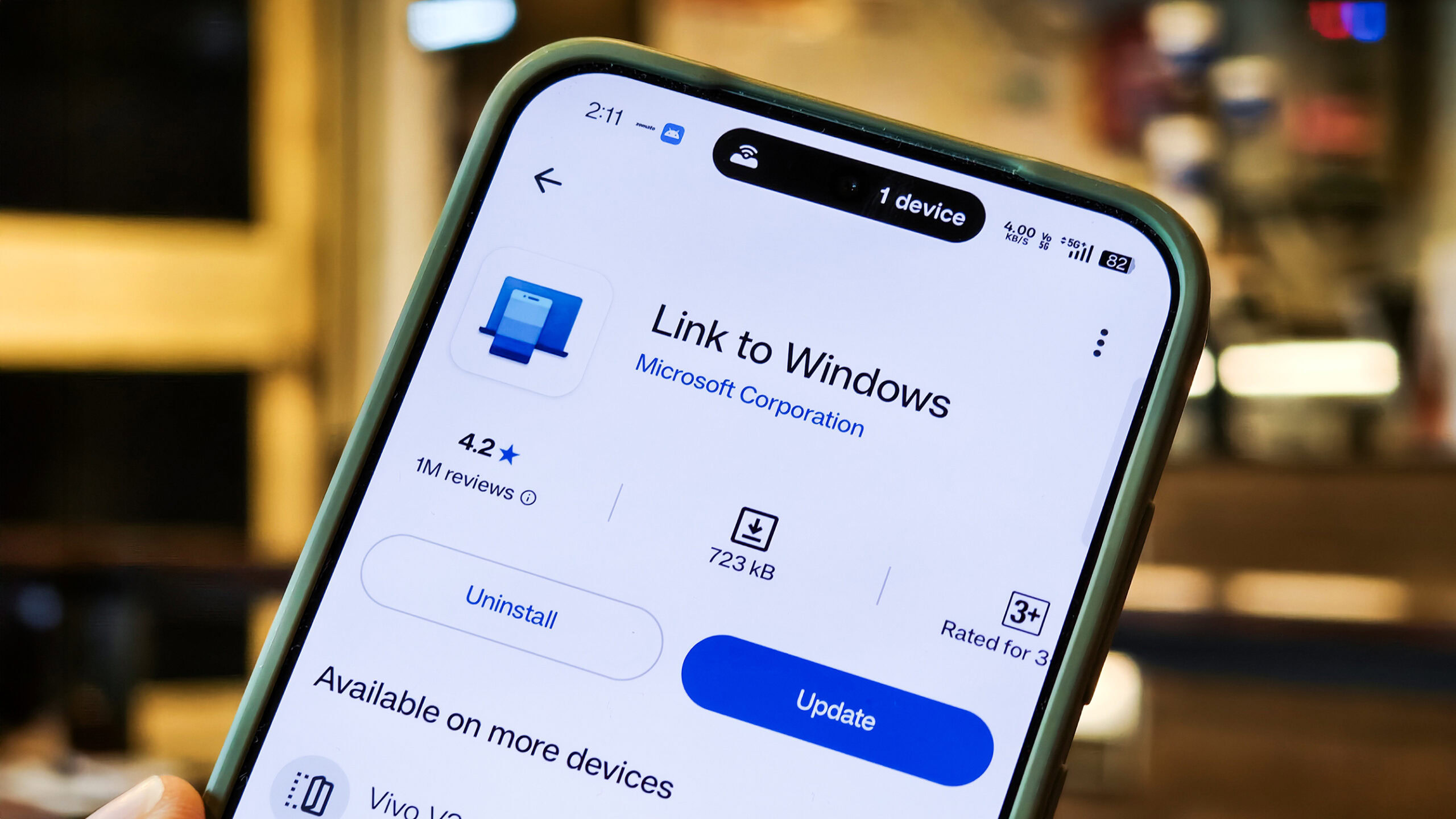Is the hype surrounding AI carrying it too far, too fast and too soon? A few influential voices in the tech world think this might very well be the case.
Some company executives and AI leaders are becoming concerned that the rush to build AI infrastructure and show results from that investment quickly is raising expectations beyond what the technology can reasonably deliver. Even Meta Platforms Inc. founder and Chief Executive Mark Zuckerberg (pictured) hedged slightly when asked whether AI could indeed be a bubble and might take longer to show significant results than people expect.
“The big question is to what extent are we in a bubble versus to what extent is this going to be a big thing soon,” Zuckerberg said during an appearance this week at Stripe Sessions in San Francisco. “Even if it is a bubble and it takes a bit longer to build out, that’s not necessarily the end of the world, although it will be expensive.”
Costly AI buildout
Zuckerberg’s comment about the expense highlights an important point in the rush to deploy AI. The world’s largest tech companies are spending massive amounts of capital to build AI infrastructure. Google LLC has a $75 billion capital expenditure plan for 2025, and Alphabet Inc., Meta, Amazon.com Inc. and Microsoft Corp. combined will commit $320 billion in capex over the same period.
That has led executives such as Peter Lee, president of Microsoft Research, to question whether the industry is moving too rapidly to build AI infrastructure, analogous in his view to deploying millions of miles of copper wire before the first lightbulb ever became reality.
Peter Lee of Microsoft Research and Will Douglas Heaven of MIT Technology Review talked about the future of AI during EmTech AI.
“The true value of AI we haven’t yet met, and it hasn’t been invented,” Lee said at the EmTech AI conference at MIT in Cambridge this week. “Yet we are in a race to have a deployment infrastructure to deliver AI to the entire world.”
Lee created new capabilities in machine learning at DARPA before joining Microsoft in 2010. He noted that though agentic AI has led to the creation of intriguing applications for autonomous tasks, the overall impact has been minuscule compared to the technology’s potential for change.
“The things we’re thinking about in AI today are the equivalent of tone generators and AM transistor radios,” Lee said. “What will be the real things that will just transform our lives that we can’t live without? I think we’ve yet to see those things.”
AI’s rapid adoption has been fueled by widespread use of tools like ChatGPT which can synthesize large amounts of text in seconds or write college term papers with just a few prompts. This has created an aura of promise that can be misleading, according to Robert Blumofe, executive vice president and chief technology officer at Akamai Technologies Inc.
“It’s AI success theater, it’s not real,” Blumofe said during a discussion at EmTech AI. “People can’t distinguish because it looks like magic. AI is in serious need of tough love right now. It’s painful to see the dark side, see that harm that’s being done. The bulk of it is coming from the challenge around the hype.”
AI for science and messaging
Despite concerns around the hype, industry executives still envision a future in which AI can deliver on its promise. For Microsoft’s Lee, this means “AI for science,” a world in which autonomous technology can open new avenues for drug discovery and scientific exploration.
Lee offered one example during his appearance at EmTech AI that involved TamGen, an open-source transformer-based chemical language model to develop drug compounds. Microsoft Research and the Global Health Drug Discovery Institute have employed AI to identify several promising inhibitors for tuberculosis.
“In the same way that generative AI architectures are shockingly good at learning from the digital exhaust of human thought and expression, we’re finding that the same is likely to be true for learning the languages of nature,” Lee said.
For social media giants such as Meta, AI offers a significant business opportunity through messaging. In his discussion at Stripe Sessions, Zuckerberg noted that business messaging was growing quickly across Meta’s platform. While Facebook and Instagram generate most of Meta’s business today, the company’s founder believes that AI will propel WhatsApp to become a more significant player.
“WhatsApp, from a revenue perspective at least, is just getting started and I think that’s going to be the next pillar of our business,” Zuckerberg said. “People are going to contact more businesses for more things when they get very high-quality and low-latency personalized responses. In the future every business will have an AI agent that lives in the different messaging platforms that their customers can do customer support and sales through.”
The future of AI will also rely more on smaller models than large language models, according to Akamai’s Blumofe. He described how the company used a small AI model to migrate customers from newly acquired Edgio Inc. into the into the Akamai system earlier this year.
“Don’t be an LLM one-trick pony, there’s a lot of AI out there,” Blumofe said. “I would argue that a myriad of other models that you’ve never heard of are actually the ones providing the most enterprise value today.”
The challenge facing the tech community goes well beyond which model to choose for which enterprise application. AI is moving at warp speed and it is carrying much of the world with it. Speed in technology development has historically been embraced as a good thing. Among some tech executives, AI may prove to be the exception.
“My main concern is this is happening so fast,” Scott Penberthy, senior director of Applied AI at Google Cloud, said in a conversation this week at MIT. “How do we get ahead of this and embrace the technology, but how do we use it well? We as humans struggle with these exponential changes. I don’t think there’s an AI expert anymore. We’re all students.”
Photo: Stripe/YouTube
Your vote of support is important to us and it helps us keep the content FREE.
One click below supports our mission to provide free, deep, and relevant content.
Join our community on YouTube
Join the community that includes more than 15,000 #CubeAlumni experts, including Amazon.com CEO Andy Jassy, Dell Technologies founder and CEO Michael Dell, Intel CEO Pat Gelsinger, and many more luminaries and experts.
THANK YOU









